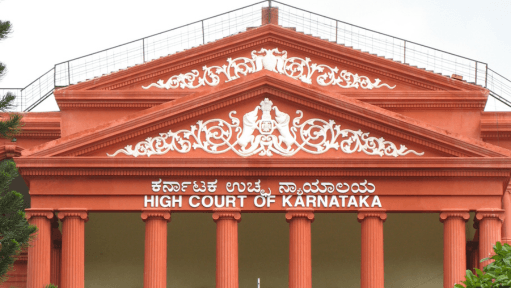
Anti-Trafficking Law Aims to Punish Traffickers, Not Sex Workers, Clarifies Karnataka High Court
‘There is no provision under the law that penalises a victim who indulges in prostitution’
The Karnataka High Court recently highlighted that India's anti-trafficking law does not penalise sex workers or trafficking victims compelled into prostitution.
In a ruling on June 10, Justice M. Nagaprasanna clarified that the Immoral Traffic (Prevention) Act (ITPA) aims not to penalise sex workers but rather to target those who traffic women or girls for exploitation in prostitution.
"The purpose or the object of the Act is not to abolish prostitution or the prostitute. There is no provision under the law that penalises a victim who indulges in prostitution. What is punishable is sexual exploitation for commercial purposes and earning or making a living from it against such person/s," the Court said.
The Court also highlighted a similar observation made by the Bombay High Court, which emphasised that allowing the police to prosecute victims (sex workers) under the ITPA would constitute an abuse of the law.
The Court made this observation while dismissing criminal proceedings against a woman (petitioner) who had been implicated in an ITPA case in 2013. The woman was accused of being part of a group of girls who were allegedly paid ₹10,000 each to be coerced into prostitution.
The incident occurred while the girls were being transported from Udupi to Goa, and their vehicle was intercepted by authorities.
Case Brief
In the said matter, the petitioner approached the High Court seeking to quash the case filed against her under Section 5 of the ITPA, which pertains to procuring, inducing, or taking a woman or girl for the purpose of prostitution.
During the course of the hearing, the petitioner's counsel argued that she was a victim of prostitution and therefore should not face prosecution. In response, the state argued that regardless of her victim status, the petitioner cannot approach the High Court 10 years after the case was filed. The state maintained that she should undergo trial and prove her innocence.
However, the Court granted the petitioner relief after noting that Section 5 of the ITPA only punishes persons accused of procuring or attempting to procure a woman or a girl for prostitution and does not penalise the victims.
Thus, the Court allowed the petition and quashed the proceedings pending against the petitioner.
For any enquiries or information, contact ask@tlr.ae or call us on +971 52 644 3004. Follow The Law Reporters on WhatsApp Channels.